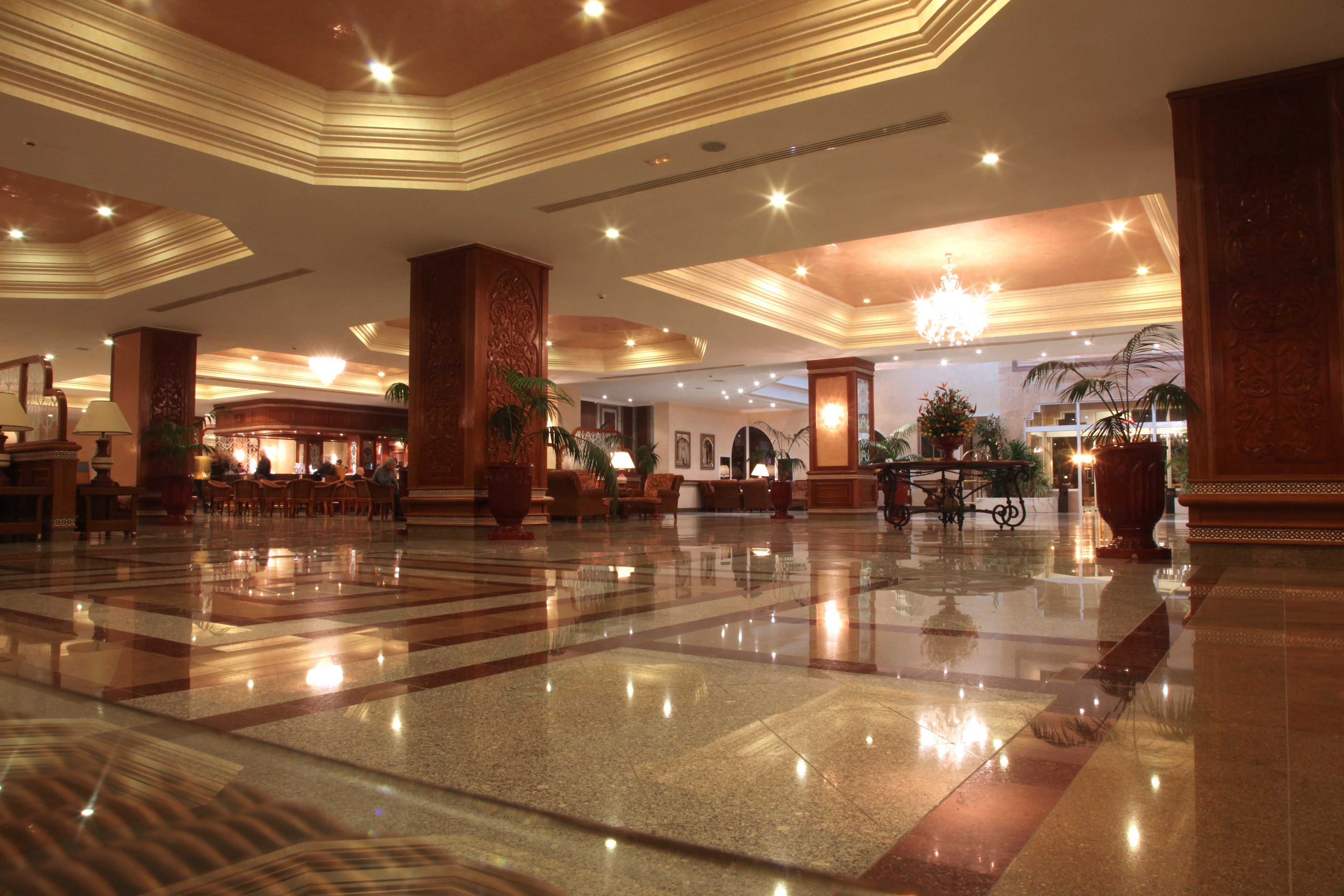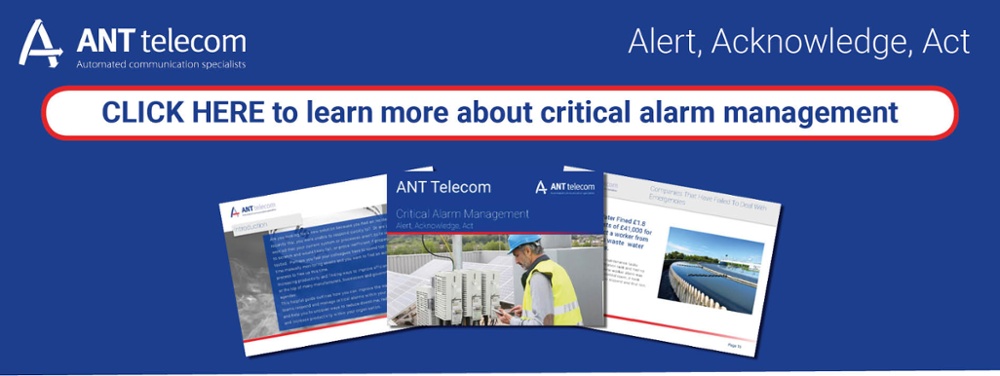
Hotels are large businesses with many different stakeholders and departments all overseeing and working in different parts of the site. Additionally, they have many guests. This means that a hotel has an extraordinarily large burden of responsibility to ensure not just the safety of its staff, but also the safety of potentially hundreds of people. Whilst most businesses will have processes and systems already in place to try and make sure that alarms are dealt with promptly and effectively, the nature of a hotel environment means that this is not always the case. Typically, the site’s phone system will be the primary method of communication and will not always be suitable for dealing with a given crisis. False information may even be relayed by panicked workers (see https://www.anttelecom.co.uk/blog/evacuations-hotels for more detail). However, there are some steps that can be taken to remedy this.
Like any large workplace, hotels can require employees to work by themselves in isolated areas for long periods of time. This can range from maintenance staff fixing things like boilers and electrical systems to laundry operators and cleaners. In the event that an accident occurs, it can be difficult for lone workers to quickly raise the alarm, especially if they themselves are the victim. In basement areas or remote parts of the hotel grounds, the phone or radio signal may be weakened or blocked entirely, further raising the level of risk.
Non-upgraded hotel telephone solutions can also leave businesses somewhat exposed to inefficiency and human error in the everyday operations of the hotel. As problems and emergencies crop up, they will typically be assigned by a duty manager to particular staff members by simply calling them on the phone and relaying the information manually. However, this method can lead to a loss of critical information when arranging the response to technical problems (such as replacement parts for machinery) or can even result in important issues being forgotten entirely (especially if the managerial staff are under a high workload). This can have compounding consequences, as staff can lose track of time forget to order supplies before existing stocks run out, or equipment in need of maintenance is overlooked until it breaks down. A lack of modern hotel telecom solutions can also make it difficult to quickly organise and prioritise jobs amidst a high workload.
ANT provides a suite of hardware and software products that address the above issues and more, taking hotel telephone solutions to the next level. Lone workers can be protected by applications installed on their work phones which can automatically send out an alert in the event of a fall or sudden collapse, prompting other staff to check on their colleague. Furthermore, a dedicated panic button can be used to raise the alarm in case of a serious emergency. The devices themselves can be hardened to resist hazards such as impacts and submersion whilst also getting around the issues of signal interference via the use of relay stations and integration into existing on-site data networks that regular radios and phones would not normally use. These devices remain unobtrusive whilst working, but can easily be used in the event of an emergency due to their similarity to commercial smartphones.
A critical alarm management system can also streamline the management of things such as routine calls (such as for cleaning staff) and day-to-day operations (such as restocking supplies etc). This is because staff can easily log a request on the system and the computer will direct it to the relevant team without the need for a human to manually assign the work. This speeds up response times considerably and ensures that communications are kept on one centralised system for workers to check, so that details will not be lost or forgotten as they often are when using a traditional telephone tree. This can make dealing with tricky issues such as customer complaints much more straightforward, as all logged details will be available at the push of a button whether the employee is sat at a computer at the reception desk or is using their phone in another part of the hotel. Furthermore, the system can free up managers to concentrate on more important tasks than micromanaging their staff, whilst simultaneously being able to monitor the progress of a job with minimal effort.
This automation of the telephone and alarm system can also help redirect employees to more important jobs so that high priority calls can be dealt with quickly. This can be done by allowing the computer to sending direct notifications to the relevant staff members’ phone if an emergency occurs. In turn, employees can be required to send a response to the system indicating their availability to deal with the situation. Depending on the seriousness of the issue, supervisors can also be notified instantly as well, making sure that there will be proper oversight of the response.
Lastly, a comprehensively automated critical alarm management system can help greatly when it comes to notifying key staff of an emergency. This is because the computer system can update them instantly via a text, email or in-app notification as soon as the alarm is raised. Furthermore, subsequent communications can be tracked via the system and this data can be analysed later on by managers in order to find ways to improve the speed and quality of a response to an emergency. From a customer service standpoint this can also be advantageous, as staff can easily see where improvements can be made to make sure guests are dealt with quickly.
All of the enhancements provided by ANT function as a simple plug-in solution for existing systems, meaning that the prior telephone system will still be left in place. As such, employees will still have a direct means of speaking with each other, but will be able to enjoy a greater level of safety and workplace efficiency thanks to a properly upgraded internal communications system. Whether looking to safeguard a hotel against a major catastrophe or just reinvigorate daily workflow, such systems can prove invaluable in bringing a business into the 21st century.





